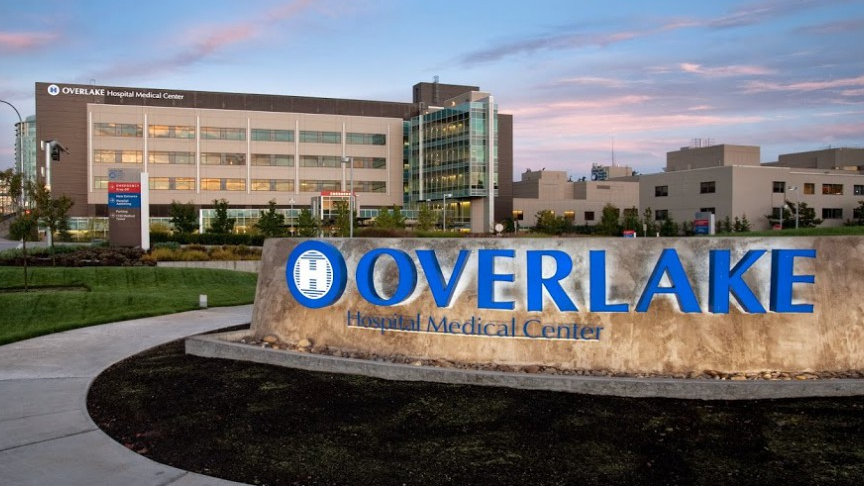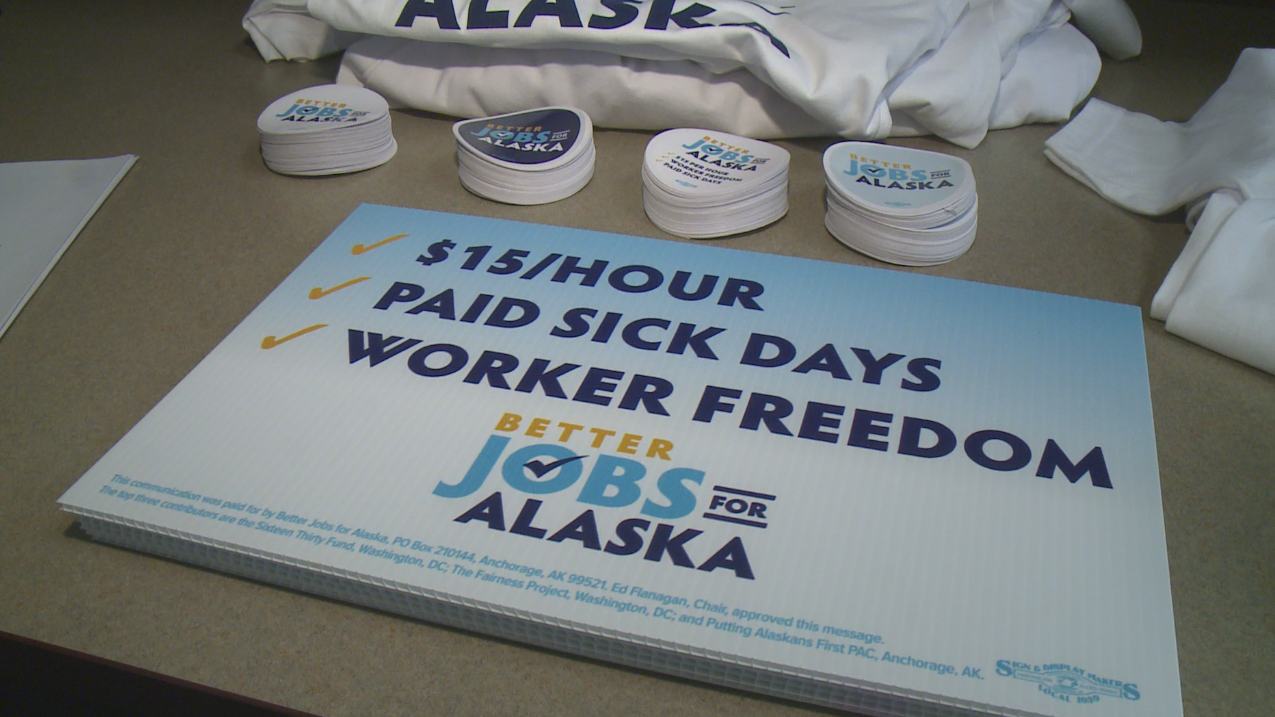Washington State Predictive Scheduling, House Bill 1491, is currently being proposed in Washington state. This bill is for employers in food services, hospitality, or retail establishment that employs 100 or more employees worldwide, except that a full service restaurant must also have 40 or more full service restaurant locations worldwide.
Highlights of the Bill include:
- ADVANCE NOTICE OF WORK SCHEDULE. An employer shall provide employees with a written work schedule at least 14 calendar days before the first day of the work schedule. The written work schedule shall include all regular and on-call work shifts for the work period. An employer who fails to post a written work schedule at least 14 calendar days before the first day of the work schedule must compensate each employee in the amount of one hundred dollars per day that the schedule is not posted.
- COMPENSATION FOR WORK SCHEDULE CHANGES. Employer must compensate an employee for each employer-requested change to the employee’s written work schedule that occurs after the advance notice at least 1 hour of pay at the employee’s regular rate of pay, in addition to wages earned, for adding hours of work or changing the date, start time, or end time of a work shift with no loss of hours, or changing the physical address of a work shift. At least .5 times the employee’s regular rate of pay per hour for any scheduled hours the employee does not work because the employer: Subtracted hours from a regular work shift before or after the employee reported for duty; changed the date, start time, or end time of a work shift resulting in a loss of hours; canceled a work shift; or scheduled the employee for an on-call shift for which the employee does not need to report to work.
- REST BETWEEN WORK SHIFTS. Unless the employee requests or consents to work such hours, an employer may not schedule or require an employee to work sooner than 12 hours after the end of the previous calendar day’s work shift or sooner than 12 hours following the end of a work shift that spanned two calendar days. An employer must compensate an employee who works the hours described in subsection of this section at 1.5 times the employee’s regular rate of pay.
- RECORDKEEPING. An employer must retain records for a period of three years that document compliance of the bill.
Public Hearing in the House Committee on Labor & Workplace Standards will be heard on Tuesday, Feb. 5 at 3:30 PM.










